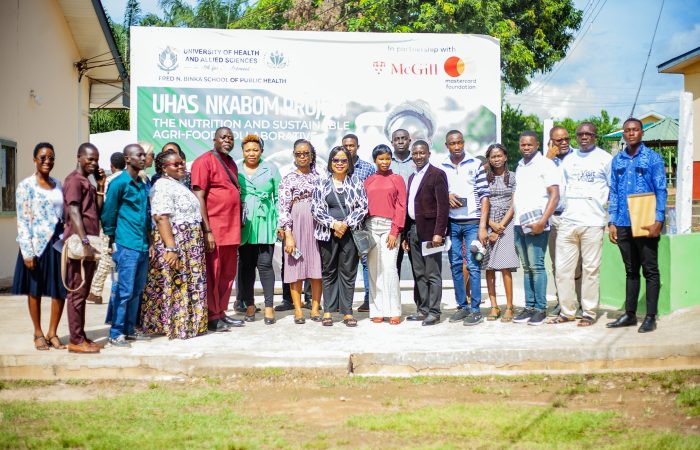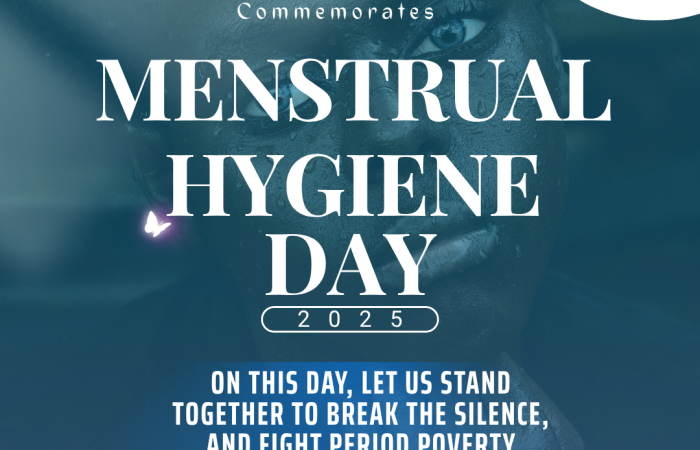Dr Siga Fatima Jagne, Commissioner, Social Affairs and Gender, ECOWAS Commission, says the outbreak of COVID-19 has increased the risk of women insecurity and made them most-at-risk populations.
She said though 14 African countries had adopted the National Action Plans (NAPs) on United Nations Security Council Resolution (UNSCR) 1325” UNSCR 1325”, they were unable to successfully implement it due to the impact of COVID-19.
Dr Jagne said this during the “Commemoration of the 20th Anniversary of the United Nations Security Council Resolution (UNSCR) 1325” at the Kofi Annan International Peacekeeping Training Centre, in Accra.
It was on the theme: “Beyond 2020: Building Local Capacity to Advance the Women, Peace and Security Agenda in West Africa and the Sahel”.
The resolution 1325, adopted in October 2000, addresses the impact of war on women and the importance of women’s full and equal participation in conflict resolution, peacebuilding, peacekeeping, humanitarian response and in post-conflict reconstruction.
Dr Jagne said armed conflicts had increasingly become the bedrock of all forms of violence against civilian populations, especially those living in hotspot areas of heightened tension and clashes in the region.
Women and girls also continued to remain the most vulnerable and most-at-risk populations, despite the modest progress made and existing mechanisms put in place by international, continental and regional laws.
Dr Jagne said there were challenges regarding monitoring and effective reporting of the implementation of the NAPs compounded by emerging issues, such as climate change, terrorism, conflicts, global economic and financial crises, increasing inequality, natural disasters, epidemic and pandemics like the COVID-19.
She, however, said she believed the commemoration would help raise issues on ensuring coherence and coordination, monitoring, evaluation and reporting, allocation of more human and financial resources and capacity building to address the concerns.
Mr Gunnar Holm, the Norwegian Ambassador to Ghana, said women’s involvement in peace and security did not begin with the adoption of UN Security Council Resolution 1325, 20 years ago and that, women had always been peacebuilders and key actors in conflict prevention and as well been both victims and perpetrators in conflicts.
To promote women’s involvement in the peace and security agenda, he said, there was the need for a level playing field from the start, ranging from dialogue to the negotiation table. Mr Holm also called for an enabling and safe environment for women peacebuilders as they were constantly harassed and threatened with human rights defenders, and sometimes subjected to violence or murder.
The Ambassador also advised that nations learned from the processes and experiences of others and at the regional and international levels to unearth how the inclusion had been made possible on other processes.
Mrs Oulimata Sarr, Regional Director, UN Women Office for Central and West Africa, said for UN Women, peace and security were at the centre of its priorities in line with the UN’s mission to promote peace around the world.
She said the COVID-19 pandemic had challenged governments, women and other peacemakers and increased the risk and complexity of conflicts.
The region faced the challenges of violent extremism and inter-community conflicts that had led to severe humanitarian crises, in which women and children suffered martyrdom.
Mrs Sarr noted that it was unfortunate women were sometimes ignored and marginalized in major decision-making frameworks and mechanisms for peace, despite their roles in fighting for democracy, good governance and independence.
SOURCE: GHANA WEB



Can you be more specific about the content of your article? After reading it, I still have some doubts. Hope you can help me.